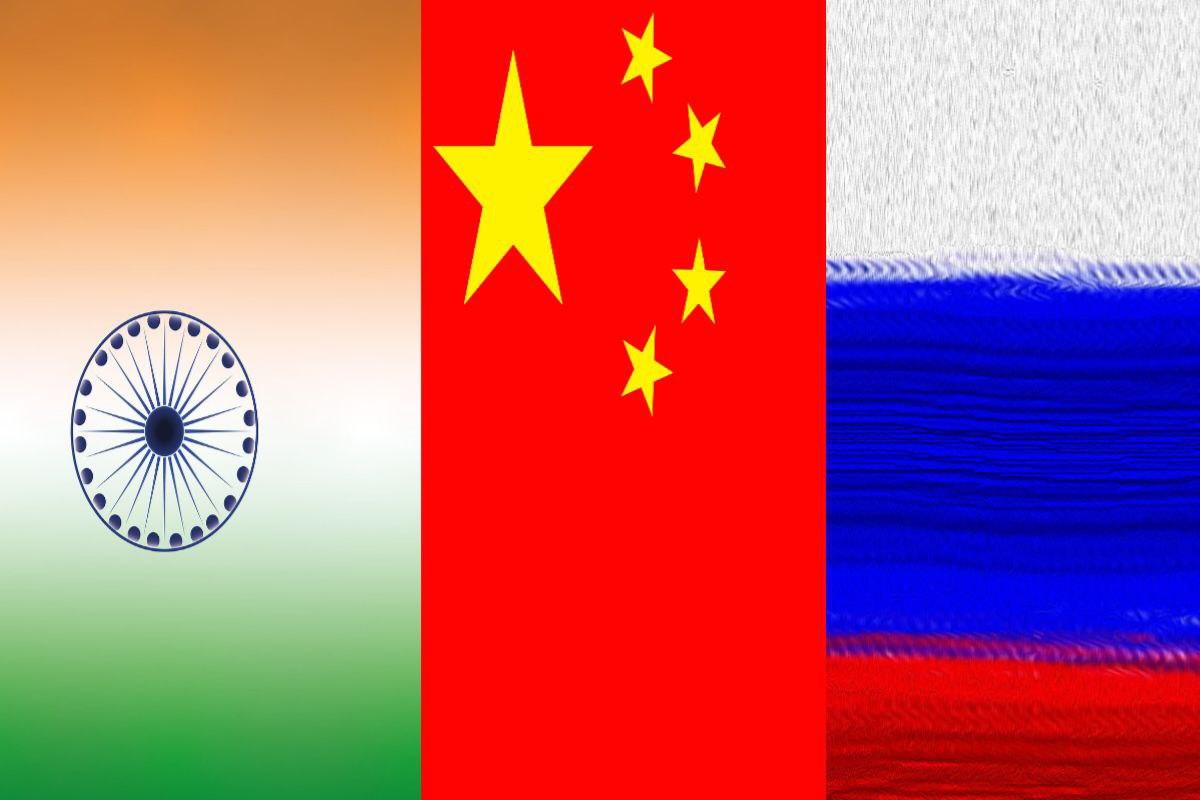
In a move that has sent shockwaves across the world, U.S. President Donald Trump has imposed a massive 50% tariff on India. The decision, which few had anticipated, has triggered strong reactions from global powers including Russia and China, with fears that it could escalate tensions between the U.S. and the BRICS bloc.
Russia’s Warning of a Coordinated BRICS Response
Russian Senator Alexey Pushkov was among the first to respond, suggesting that BRICS nations could deliver a coordinated countermeasure to Trump’s move. According to Pushkov, a united BRICS response could mark a new turning point in opposition to U.S. policies, potentially intensifying the underlying friction between Washington and the emerging economies’ alliance.
China’s Media Slams U.S. ‘Double Standards’
China, too, has reacted sharply through its state-run newspaper Global Times, which accused the United States of arrogance and double standards. The editorial claimed that India’s strategic independence has directly challenged America’s “bullying wall” and that Washington is particularly irritated by India’s continued purchase of Russian crude oil — especially when the U.S. itself imports large quantities of energy from Russia.
The Chinese media noted the sudden change in tone between the U.S. and India, especially after President Trump had called Prime Minister Narendra Modi a “great friend” just this February. The editorial accused Washington of using India’s energy ties with Russia as a pressure point to force concessions and of adopting punitive measures against Moscow to indirectly target New Delhi.
India’s Strong Response — ‘National Interests Come First’
India has condemned the U.S. tariff decision as both “unfair” and “unfortunate.” Prime Minister Modi made it clear that India would prioritize the interests of its farmers, livestock keepers, and fishermen at any cost. He firmly stated that there would be no compromise on India’s national interests, regardless of external pressure.
Strategic Autonomy at the Center of India’s Foreign Policy
The growing global disagreement over India’s relationship with Russia is seen as a testament to New Delhi’s increasing strategic independence in the face of U.S. foreign policy. According to Chinese state media, PM Modi’s steadfast stance in recent weeks has heightened Washington’s unease.
Adding to the geopolitical intrigue, Modi is scheduled to visit China at the end of August — a trip that could redefine India-U.S. relations and possibly bring new dimensions to the global power equation.
India’s Goal — A Multipolar Global Order
India’s current diplomatic focus is on sustaining a multipolar world order while resisting U.S. pressure. Challenging President Trump’s tariff policy is now being viewed as the first major step in that direction.
With tensions rising and global alliances shifting, the world will be watching closely to see how Washington, New Delhi, Moscow, and Beijing navigate this new chapter in global trade and diplomacy.
Disclaimer:
This article is based on publicly available news reports, official statements, and media publications. It is intended for informational purposes only and does not represent the views or endorsements of the publisher. All geopolitical analyses and opinions attributed to individuals, governments, or media outlets are quoted from their respective sources. Readers are encouraged to verify information independently before forming conclusions.




